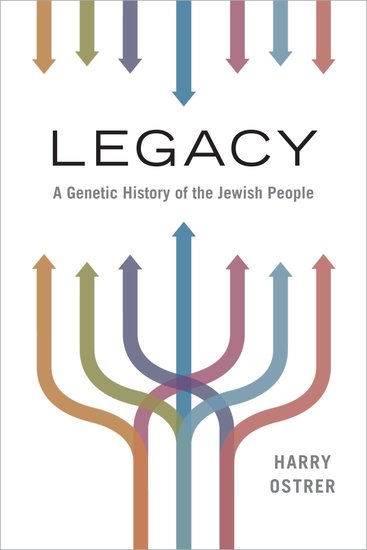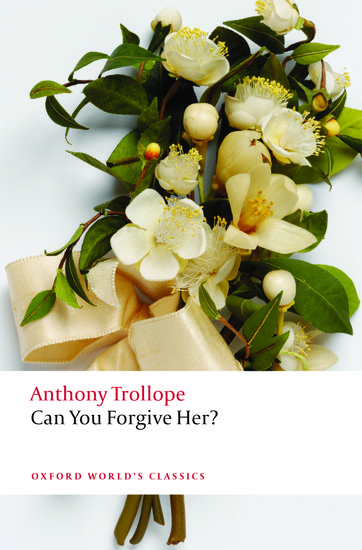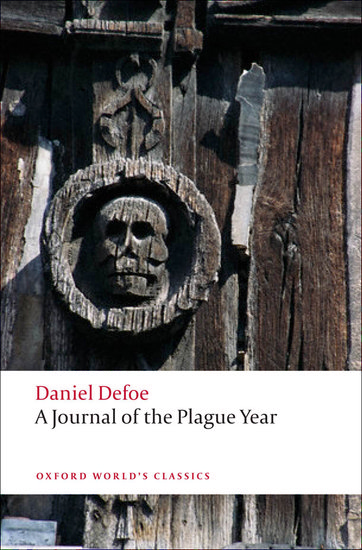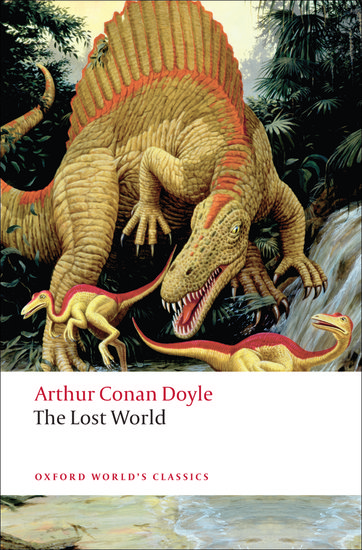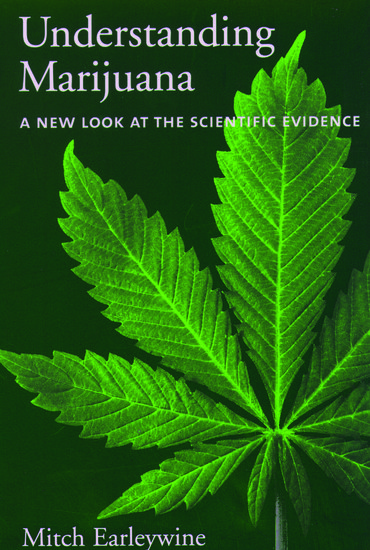DNA Day, 2023
By Harry Ostrer
Imagine this day in 2023. You decide it is time to allow your doctor to obtain your whole genome sequence to develop a risk profile. You are 58 years old and you have been forgetting simple things. Your family is worried. Your genetic counselor asks which results you would like to learn. You choose only the results for which your doctor says something useful could be done.

